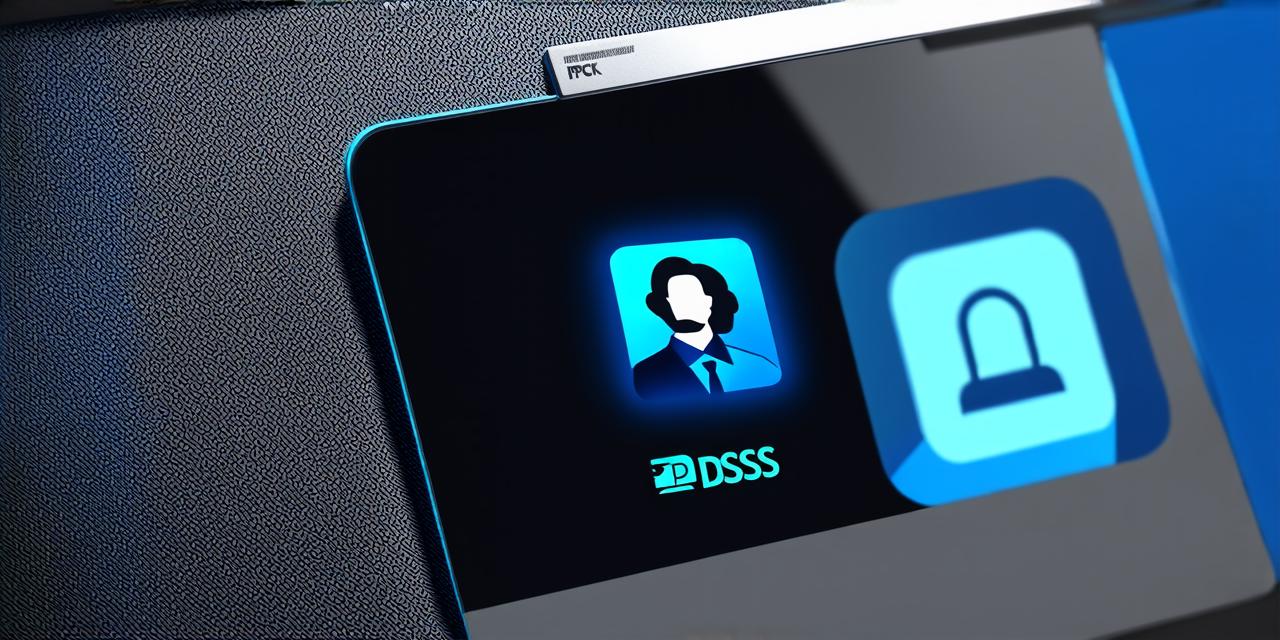What is pci dss outsourcing
BlogPCI DSS (Payment Card Industry Data Security Standard) is an essential set of standards that ensure the security of credit and debit card transactions. These standards are enforced by major credit card companies such as Visa, Mastercard, and American Express to protect consumers from data breaches and identity theft.

PCI DSS compliance is mandatory for all organizations that accept credit and debit card payments.
To ensure compliance with PCI DSS, organizations can outsource their compliance requirements to a third-party provider. This can involve tasks such as vulnerability scanning, network monitoring, data encryption, and physical security. By delegating these tasks to a third-party provider, organizations can benefit from the expertise and resources of the provider, allowing them to focus on their core business operations while ensuring compliance with industry standards.
However, there are also risks associated with PCI DSS outsourcing. Data breaches or violations of industry regulations can occur if the third-party provider does not have the necessary expertise or resources to properly manage compliance requirements.
To minimize these risks, organizations should carefully evaluate potential providers and ensure that they have the necessary experience, expertise, and resources to manage PCI compliance requirements effectively.
One example of the benefits of PCI DSS outsourcing is the case of a large retail chain. Prior to outsourcing their compliance, the company had a number of security incidents and data breaches that were costly and time-consuming to resolve. By outsourcing their compliance to a third-party provider, the company was able to reduce the risk of future incidents and focus on growing their business.
On the other hand, there are also risks associated with PCI DSS outsourcing, as demonstrated by the case of a small e-commerce startup. The company had no prior experience in managing PCI compliance requirements and chose to outsource this responsibility to a third-party provider. Unfortunately, the provider did not have the necessary expertise or resources to properly manage the company’s compliance, leading to multiple data breaches and regulatory violations that ultimately cost the company significant revenue and reputation damage.
To minimize the risks associated with PCI DSS outsourcing, organizations should consider the following best practices:
- Evaluate potential providers carefully: Organizations should thoroughly research potential providers and assess their experience, expertise, and resources before choosing to outsource their compliance.
- Clearly define responsibilities and expectations: Both organizations and providers should clearly define their roles and responsibilities in managing PCI compliance requirements, as well as any relevant performance metrics and expectations. It is important to ensure that both parties understand what is expected of them and what the consequences will be if they fail to meet those expectations.
- Monitor and review progress regularly: Organizations should regularly monitor and review the progress of their outsourcing provider to ensure that they are meeting all necessary standards and requirements. They should also have regular communication with the provider to address any issues or concerns.
- Have a backup plan in place: Organizations should have a backup plan in place in case their outsourcing provider experiences unexpected issues or is no longer able to perform their responsibilities. This could include bringing compliance management in-house, hiring another provider, or having an internal team take on some of the responsibilities.
In conclusion, PCI DSS outsourcing can be a beneficial way for organizations to focus on their core business operations while ensuring compliance with industry standards. However, it is important to carefully evaluate potential providers and ensure that they have the necessary expertise and resources to properly manage compliance requirements. Organizations should also clearly define responsibilities and expectations, monitor progress regularly, and have a backup plan in place to minimize the risks associated with outsourcing PCI DSS compliance.
